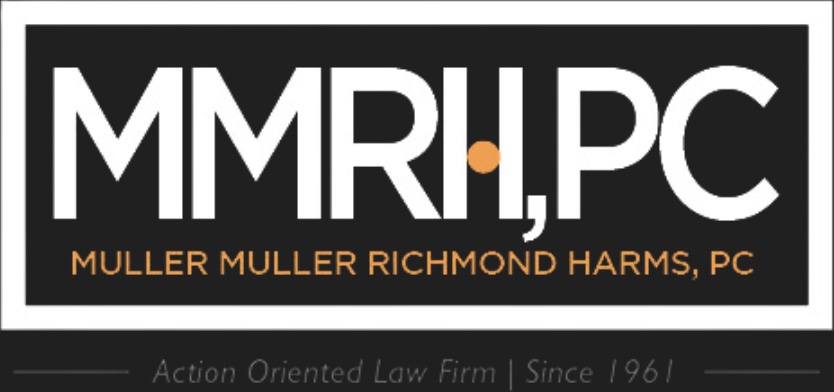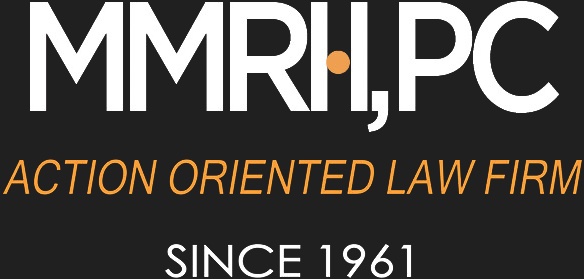Verifying that Your Debtor has Actually Filed Bankruptcy

Is your debtor insisting that they’ve filed for bankruptcy?
Are you unsure if they’re being honest?
A lot of debtors claim they’ve filed for bankruptcy when in fact they haven’t. They just want you off their back.
You have the right to follow your debtor’s bankruptcy case and to review schedules of assets, liabilities, and all written orders and other events that occur during the case. Following the case lets you know that your debtor has in fact filed for bankruptcy, or that the case hasn’t quietly been dismissed.
Set up an account with the federal bankruptcy court through the U.S. Bankruptcy Court’s website: www.uscourts.gov. Click “Electronic access to courts,” and follow the instructions to set up a PACER (Public Access to Court Electronic Records) account. Access to court records through PACER is simple, fast, and cheap, and allows you to easily determine if a bankruptcy was filed and its current status. In less than five minutes, you can log in and learn about any bankruptcy filing. Use the notice from the bankruptcy court, or ask your debtor what name was used for the bankruptcy and what case number it was assigned. PACER will give you the rest.
Similarly, bankruptcies are tracked by internet credit report providers such as Accurint (www.accurint.com) and Autotrack (www.autotrack.com), and may appear in their reports. Although they charge fees, setting up an account with either company will give you access to a great deal of information.
If the debtor has filed bankruptcy, you must stop your collections against the bankrupt or you’ll be accused of (and may be fined for) violating the automatic stay. Check with your collection attorney for counsel as to whether you may proceed with collection when your debtor claims that it filed for bankruptcy or has received some other form of legal discharge of a claim (such as a state or federal receivership).
Receivership
Although less common than bankruptcy, you may encounter situations where your debtor’s assets are under receivership. A receivership is set up to protect a debtor’s assets for a specific purpose, such as during the course of a foreclosure. The creditor may ask the court to appoint a receiver to protect its interest in the debtor’s assets (for example, in a foreclosure, the assets would include the land, buildings, fixtures, etc.) until the action is resolved.
In appointing a receiver, the court accepts the creditor’s argument that the debtor can’t be trusted to preserve and maintain the value of its assets until the legal proceedings are over. The court then appoints an independent person, the “receiver,” to receive the debtor’s assets on behalf of the court and to exercise possession and control of the assets until the court ends the receivership.
Struggling to Collect Debt in Michigan?
Are you struggling with an uncommunicative debtor?
Take the burden off your shoulders and give it to our Michigan debt collection experts. Muller attorneys can help you from start to finish! To get started or ask questions, call (248) 645-2440 or submit a contact form.


